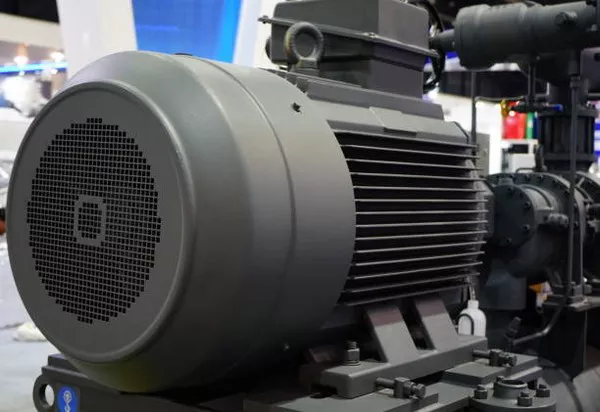Power generators serve as indispensable assets in various scenarios, from emergencies to outdoor events and construction sites. Understanding how to use a power generator efficiently is crucial to ensure a reliable and stable power supply. This article aims to provide a comprehensive guide on using power generators effectively, covering essential aspects such as safety measures, proper maintenance, and optimizing fuel efficiency.
Safety First
Before delving into the operational aspects of power generators, it is paramount to prioritize safety. Power generators involve potentially hazardous equipment, and adherence to safety protocols is non-negotiable.
Location and Ventilation: Select a well-ventilated outdoor location for the generator to prevent the accumulation of carbon monoxide. Keep it away from windows, doors, and vents to avoid the risk of harmful fumes entering enclosed spaces.
Grounding: Proper grounding is crucial to prevent electrical shock. Ensure the generator is connected to a grounded outlet or through a grounding rod.
Read the Manual: Familiarize yourself with the manufacturer’s instructions and guidelines. Each generator model may have specific requirements and safety features.
Operation Guidelines
Starting the Generator: Begin by placing the generator on a level surface. Check the fuel level, oil level, and ensure that all connections are secure. Follow the manufacturer’s instructions to start the generator, typically involving the ignition switch, choke, and throttle.
Load Management: Know the power capacity of your generator and distribute the load accordingly. Avoid overloading the generator, as this can lead to reduced efficiency and potential damage. Prioritize essential appliances and gradually add additional loads if necessary.
Voltage Regulation: Some generators come equipped with voltage regulators to ensure a stable power output. Regularly monitor the voltage and adjust the load accordingly to prevent voltage fluctuations that could damage connected devices.
Maintenance Practices
Regular Inspections: Conduct routine inspections to check for loose connections, worn-out parts, and any signs of damage. Inspect the fuel and oil levels before each use to ensure optimal performance.
Oil Changes: Regular oil changes are critical for the generator’s longevity. Follow the manufacturer’s recommendations for oil type and change intervals. Failure to maintain proper oil levels can result in overheating and engine damage.
Air Filter Maintenance: Clean or replace the air filter regularly, especially if you are operating the generator in dusty or dirty environments. A clogged air filter can lead to reduced engine performance.
Fuel Quality: Use clean and stable fuel to prevent clogging of the fuel system. Consider using fuel stabilizers for long-term storage to maintain fuel integrity.
Fuel Efficiency Tips
Eco-Mode Operation: Some generators feature an eco-mode, which adjusts the engine speed based on the connected load. This can significantly improve fuel efficiency during periods of lighter usage.
Proper Sizing: Choose a generator that suits your power needs without excessive capacity. Running a generator below its maximum load enhances fuel efficiency and extends the equipment’s lifespan.
Regular Exercise: Allow the generator to run periodically, even if not in use, to prevent fuel system issues. This exercise helps maintain optimal engine performance and ensures reliability during emergencies.
See ALSO Portable Generator Accessories – A Comprehensive Guide
Conclusion
Effectively using a power generator requires a combination of safety measures, proper operational practices, and diligent maintenance. By following the guidelines outlined in this comprehensive guide, users can ensure a reliable and efficient power supply in various situations. Always prioritize safety, adhere to manufacturer recommendations, and conduct regular maintenance to maximize the lifespan and performance of your power generator.

